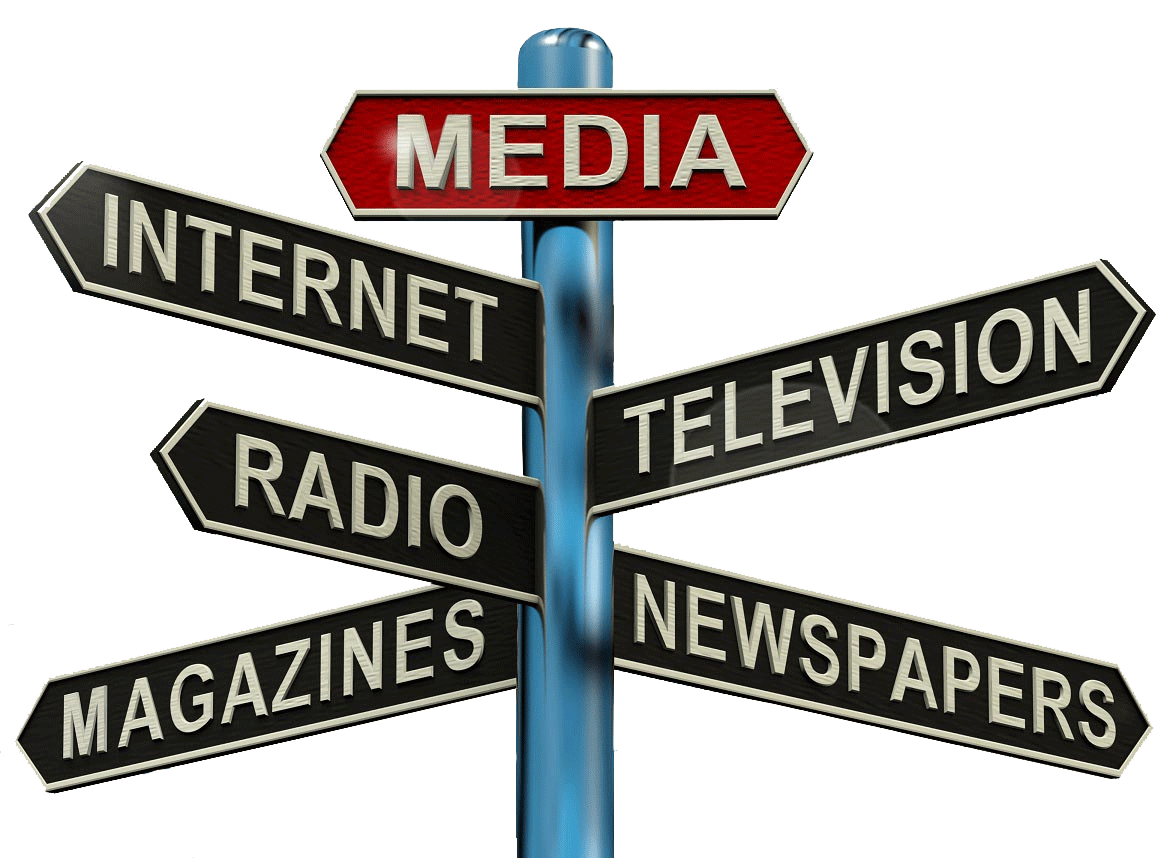By Alusine Fullah
Since the arrival of the new new media, (like facebook, whatsapp, etc) the media have been on the firing line for unethical behaviours. Disinformation and misinformation are vastly on the increase. We now live and interact in a highly mediated system. The sheer amount of information produced and distributed by the mass media on a daily basis can impact significantly on the manner in which people, communities and societies understand (or misunderstand) each other. Whether it is considered as a fourth estate, a watchdog or a pillar of democracy, the press is undoubtedly an essential element of the public sphere.
However, it continuously faces several challenges and is assailed by multiple forces. Indeed, competition on the digital front, pressures to publish fast and quick, the temptation of sensationalism, job insecurity and high staff turnover are some of the threats to the profession. The constraints abound both on the internal front (search for new revenue models, unstable recruitment and training, lack of professionalization, conflicts of interest, ownership issues, etc.) and on the external front (government pressure, economic pressure, competition, public scrutiny, etc.
With so many constraints, how can the news media live up to the expectations of its ever more demanding audience? As the need to demonstrate that the public can continue to believe and trust in it is more acute than ever in the age of digital openness and scrutiny, we are inevitably led back to the fundamentals of journalism.  Indeed journalism must not only aim to be intrinsically truthful and honest, but also needs to actively prove its worth in the public sphere. In other words, it must demonstrate that it has a solid sense of ethics.
Indeed journalism must not only aim to be intrinsically truthful and honest, but also needs to actively prove its worth in the public sphere. In other words, it must demonstrate that it has a solid sense of ethics.
It is a fact that once information has found its way into the public space, it is difficult to take it back. Therefore it is imperative that those who are in the industry of information and news production are armed with the necessary skills and mechanisms to process, report and represent information along ethical lines. It must be emphasised from the onset that ethics is not the law but that its use and application help enhance the quality of journalism and push for greater responsible reporting.
In the context of Sierra Leone, institutions like the Independent Media Commission (IMC), Sierra Leone Association of Journalism and Media Reform Coordinating Group are the fountains of ethics. For the past decades, they have provided trainings or guides for media professionalism. However, only little consideration has been for far. I pray that ethical considerations in the practice of journalism take centre stage.













